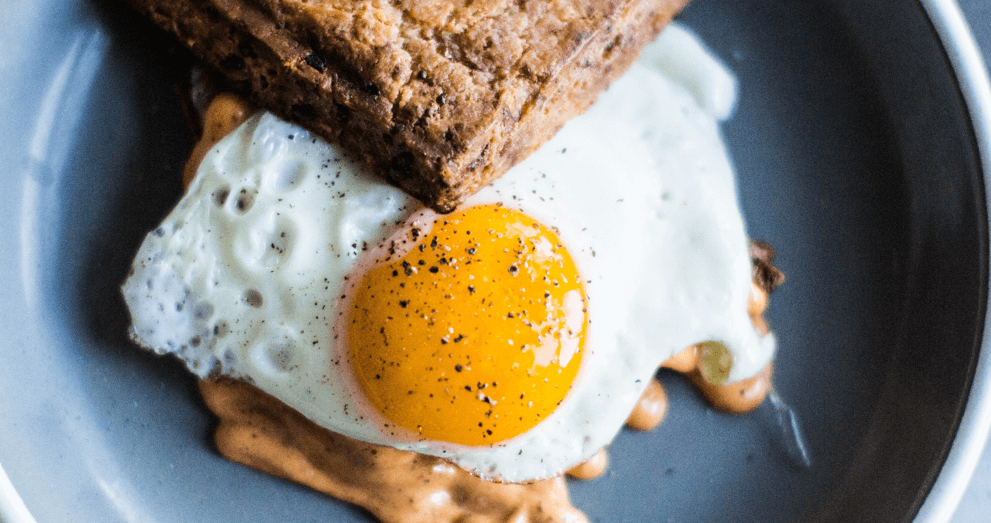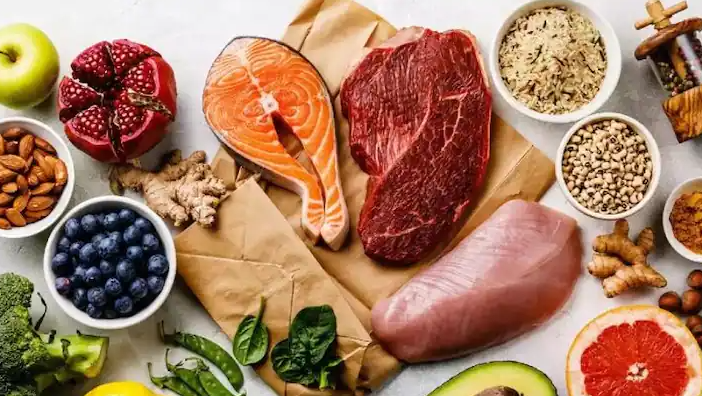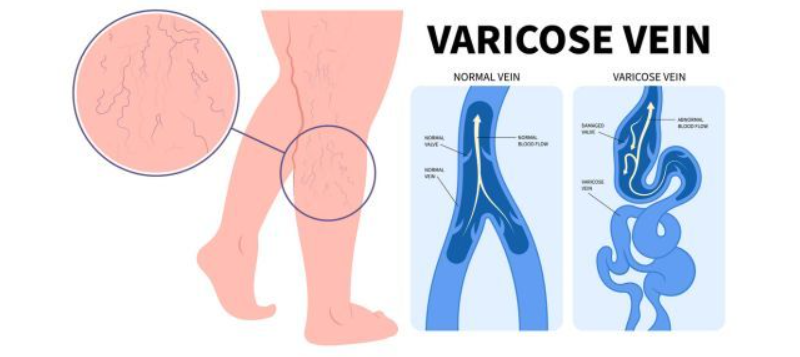Protein is the building block of the muscles and is also found in foods that burn fat and boost the metabolism. As a matter of fact, protein is the fuel that supports all the cells and tissues and there is nothing more important than this nutrient!
Proteins are utilized every day to keep the body running smoothly. Since they are used to develop and maintain each part of our bodies, they are continuously being broken down and need a regular replacement.Eating too little protein compromises this replacement and causes symptoms like muscle, joint, and bone pain; trouble losing weight; a sluggish metabolism; low energy levels and fatigue; poor concentration and trouble learning; trouble building muscle mass; mood swings and moodiness; low immunity; slow wound healing; and blood sugar changes.
9 Signs that Your Body Isn’t Getting Enough Protein
1. You have high cholesterol
High cholesterol and triglyceride levels are not only caused by the consumption of fatty foods, but are also often a result of hormonal imbalances, increased inflammation, and high sugar diets. Those who tend to swap protein foods with sugary snacks, packaged goods, and refined carbs, are at an increased risk of compromised liver function and high cholesterol.
2. You’re feeling more anxious and moody
Amino acids are the building blocks for neurotransmitters which are in charge of controlling the mood. Proteins aid the brain synthesis of hormones like serotonin and dopamine, both of which promote feelings of positivity, calmness, and excitement.
3. Your workouts are suffering
As already discussed earlier, protein is needed to build new muscle mass and to maintain energy and motivation. Diet that is low in protein may lead to fatigue, muscle wasting, and fat gain. As a matter of fact, you can exercise more, but with less results.
4. You aren’t sleeping well
Insomnia and poor sleep are often associated with unstable blood sugar levels, a decrease in serotonin production, and a rise in cortisol. Blood sugar swings throughout the day continue through the night. Carbs require more insulin than fat or protein. Eating protein- rich foods before bed can aid serotonin and tryptophan production, with a minimal effect on blood glucose levels.
5. You have brain fog
Protein is needed to support healthy neurological function, so problems like lack of motivation, brain fog, and poor concentration are often signs of lack of neurotransmitters like serotonin, dopamine, epinephrine, and norepinephrine. These neurotransmitters synthesized in the brain utilizing amino acids. It has been scientifically shown that a diet with enough work can improve motor skills, learning, and work performance.
6. You`re gassy and can`t go to the bathroom
Amino acid intake is critical for many digestive and metabolic functions. If you feel fatigued and worn down, it might be due to protein deficiency. If this is the case, muscle contractions in the GI tract, digestion, and enzyme production will suffer.
7. Your pants are feeling tighter
While sometimes higher in calories than carbs, high-protein diets basically cause higher and more long-lasting satiety than carbs or carbohydrates, which means that they help prevent snacking and overrating. Protein also helps regulate blood sugar levels, which allows you to reduce cravings and retain more muscle.
8. Your menstrual cycle is irregular
Irregular periods and infertility are the most common symptom of polycystic ovary syndrome ( PCOS). Obesity and pre-diabetes are the major key factors for this condition. As a matter of fact, insulin resistance affects up to 70% of women with this syndrome. High-sugar, high-carb, and low-protein diet can lead to insulin resistance, inflammation, fatigue, and weight gain that affects the hormones needed to sustain a regular cycle.
9. You`ve been getting injured more often and are slow to heal
A diet low in protein can increase your risk for falling, slow bone healing, bone weakness, muscle loss, fractures, and osteoporosis. Protein is required for calcium absorption and bone metabolism, so this doesn’t come as surprise. It has been scientifically shown that older adults with the greatest bone losses are those with low protein intake.
How Much Protein Do We Need, Exactly?
Everyone is unique in terms of their protein needs, which depend on gender, age, level of activity, and body weight.
According to the USDA, the RDI for protein for adults at an average weight and activity level is 46 grams daily for women and 56 grams for men.
These amounts might be too low for those who are ill, pregnant, or very active.
The Top Protein Foods
Vegetarian options include beans and legumes like mung beans and lentils; nuts and seeds like hemp, flax, chia, and almonds; unprocessed grains like oat, quinoa, and buckwheat; and foods like sprouted nuts and grains.
Veggies which can help increase your protein intake include mushrooms, broccoli, kale, spinach, and Brussel sprouts.
Speaking of meats, the best forms of protein include wild-caught salmon, organic turkey and chicken, and grass-fed beef.
Protein Health Benefits
In addition to helping heal cuts, aiding muscle recovery, and burning fat, protein is also essential for:
- Fighting diabetes in balancing up blood sugar
- Any issue you have in terms of depression and brain issues
- Cholesterol
- Brain function




